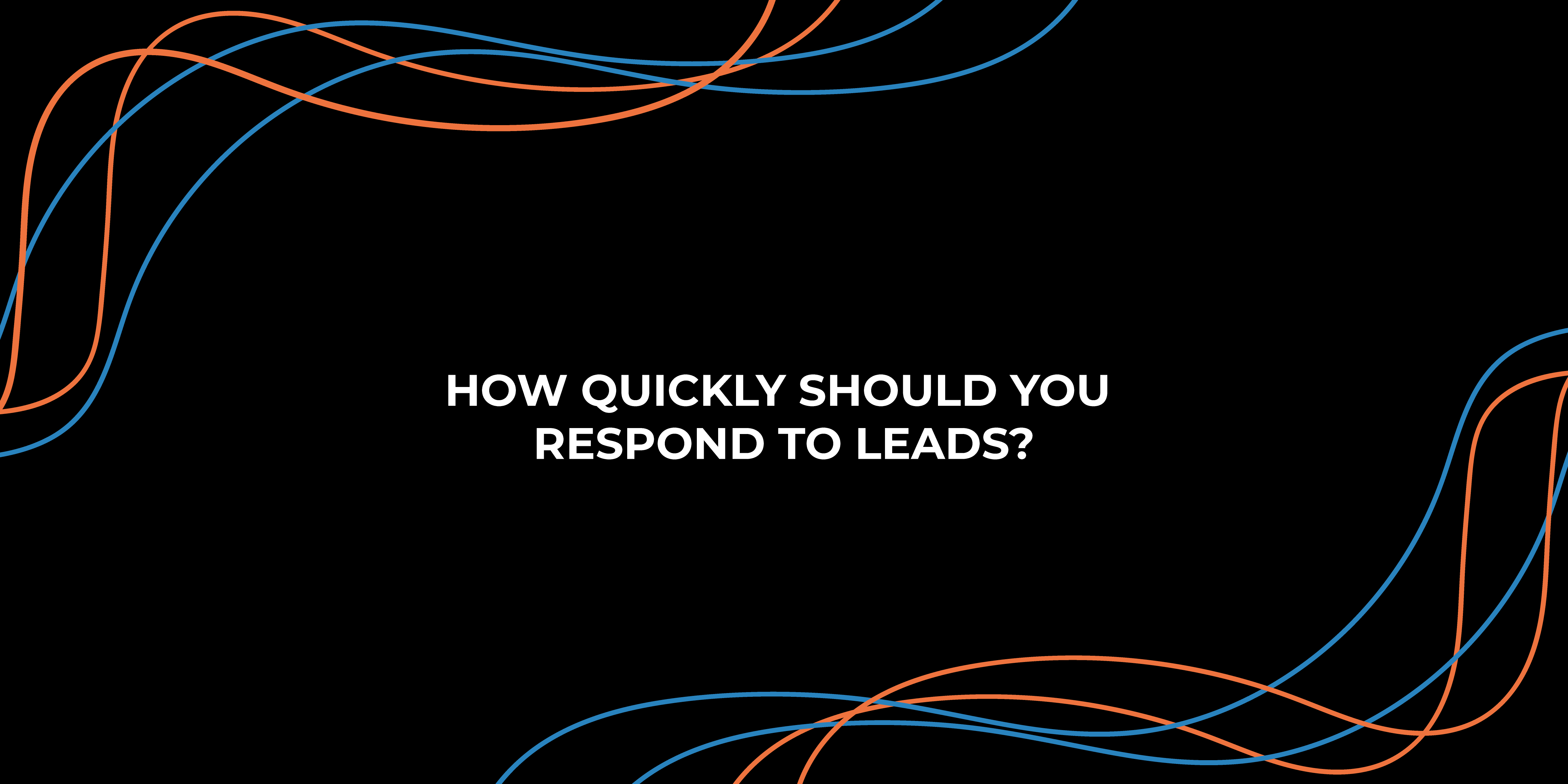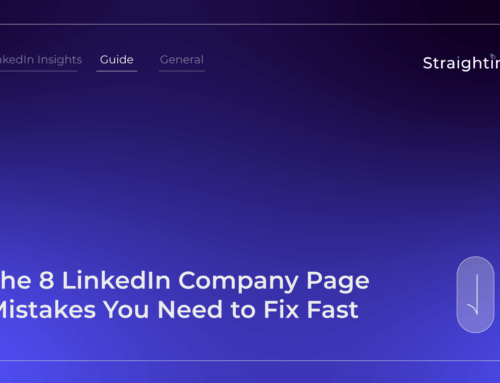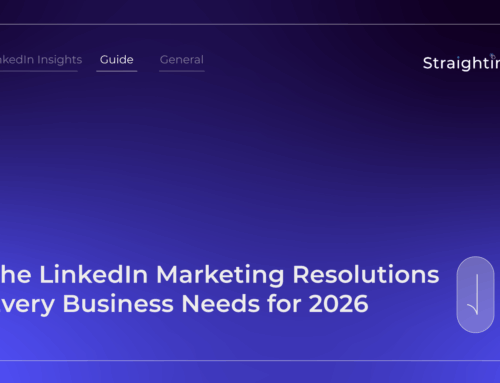Time is becoming one of the most valuable resources, especially for agencies and media firms.
Many B2B sales team conversations and brainstorming sessions are about pipeline expansion. Have you had enough consumers this month? What are your plans for the next month? Are your leads getting enough attention? Your end-of-month KPIs and income are often dependent on the answers to these queries.
Why Is Lead Response Time Important?
Lead response time is increasingly becoming the most potent predictor of successful contact, conversions, and even bookings and closures for B2B agencies. The longer you wait to contact a lead after they request information or a demo, the less likely you will clinch the deal.
What’s the problem if it takes 42 hours to respond?
The issue with sluggish sales leads response time is that prospects are busy and move on to other things, such as other meetings and personal lives. Worse, they go to your competitor’s website and begin investigating them instead. When your sales team does answer, it takes an average of 4.3 days of back-and-forth messages to get the first meeting. Worse, 38% of qualified prospects that your sales team replies never react; they just disappear.
So, How Soon Should You Respond to a Lead?
A lead is someone who has indicated an interest in your business and needs a product or service. And, whether it’s a product or a service, your company provides a solution to their problem. So, when should you contact that lead to assist push the sale?
The answer is: As quickly as possible.
It’s all about responding to leads as quickly as possible, and this is especially true in sales. If you responded to a lead within five minutes, it is 20 times more likely to qualify the prospect and turn them into a client.
Responding to a lead when the problem is fresh in their mind is the ideal technique. The longer you wait before you respond to a lead, the less likely you will qualify it. According to the InsideSales.com and Omniture report, the time it takes to qualify a lead decreases by 21% between 5 and 30 minutes. Waiting simply an hour to reply might result in the loss of your whole lead.
Follow-Up Routines
Don’t be discouraged if your first contact with a lead does not result in a sale. A follow-up practice has been demonstrated to improve outcomes. When creating your follow-up strategy, keep in mind which communication mediums are accessible and which channel the lead prefers.
Finally, I’d want to hear your thoughts…
What do you believe is the best time to respond to a lead who has shown interest in your company? Let us what you think.







